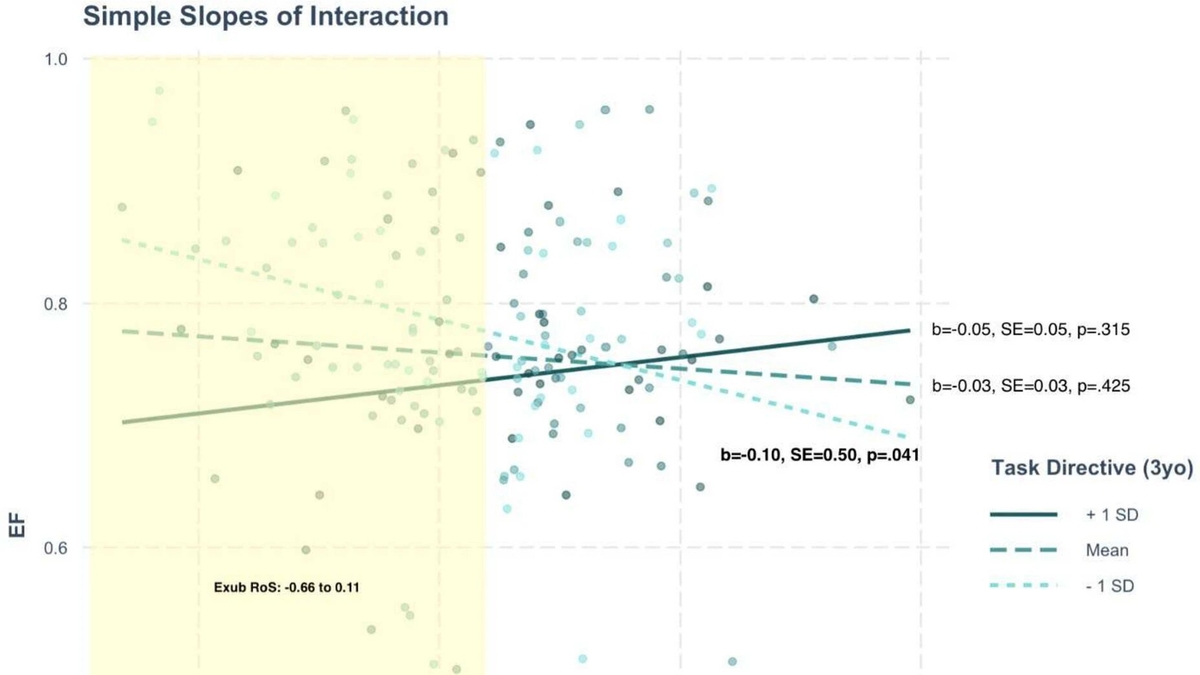Exuberance and its Connection to ADHD
A recent collaborative study involving a researcher from the University of Waterloo has shed light on an intriguing correlation between child temperament and the propensity to develop symptoms of Attention Deficit/Hyperactivity Disorder (ADHD). Specifically, children demonstrating exuberant temperaments may face an elevated risk of ADHD emergence. This exuberance, in conjunction with specific familial elements, could predispose certain children to ADHD symptoms. Nevertheless, the research suggests that an adjusted parenting approach can potentially mitigate this development.
Study Overview and Key Discoveries
The longitudinal study, spanning 15 years and focusing on child temperament and parent-child dynamics, revealed a significant uptick in ADHD symptoms during childhood under specific circumstances. Children who displayed early exuberance and exhibited low to moderate executive functions were notably vulnerable when exposed to less assertive parental guidance and involvement.
Tracking the progress of 291 children from infancy to adolescence, the study unveiled that a child’s exuberant temperament, coupled with a less directive parenting style, could contribute to the escalation of ADHD symptoms. These findings underscore the intricate interplay among a child’s temperament, parenting strategies, and executive functioning in shaping ADHD manifestations.
Significance of Parenting Approaches
The study underscores the efficacy of directive parenting, characterized by parental guidance through verbal and physical cues, in fostering the development of self-regulation skills. Such a parenting style holds the potential to temper a child’s ADHD progression, particularly among those with exuberant temperaments.
Parenting styles wield substantial influence on children’s emotional and cognitive growth. For example, authoritarian parenting may precipitate heightened levels of child aggression, unregulated anger, and diminished emotional intelligence, potentially exacerbating ADHD symptoms.
Early Intervention Strategies and Future Implications
Identifying indicators of an exuberant temperament in a child empowers parents to proactively implement measures to forestall the exacerbation of ADHD symptoms. Timely targeted interventions are pivotal in dismantling the pathways leading to ADHD. Risk factors for ADHD encompass not only genetic and prenatal elements but also environmental factors like parenting styles.
The study’s outcomes underscore the advantages of fostering more egalitarian gender role attitudes among parents. Children typically exhibit fewer emotional and peer-related challenges and demonstrate enhanced prosocial behavior when their parents embrace egalitarian gender role attitudes. This further underscores the significance of tailoring parenting methodologies to bolster children’s mental well-being.
Concluding Remarks
In essence, the study underscores the criticality of comprehending the intricate interplay among a child’s temperament, parenting style, and the development of ADHD. It serves as a poignant reminder that while certain factors may stem from genetics or the prenatal environment, environmental influences such as parenting styles wield substantial sway. By adapting their approach to parenting, parents of children characterized by exuberant temperaments may potentially mitigate the trajectory of ADHD development.

